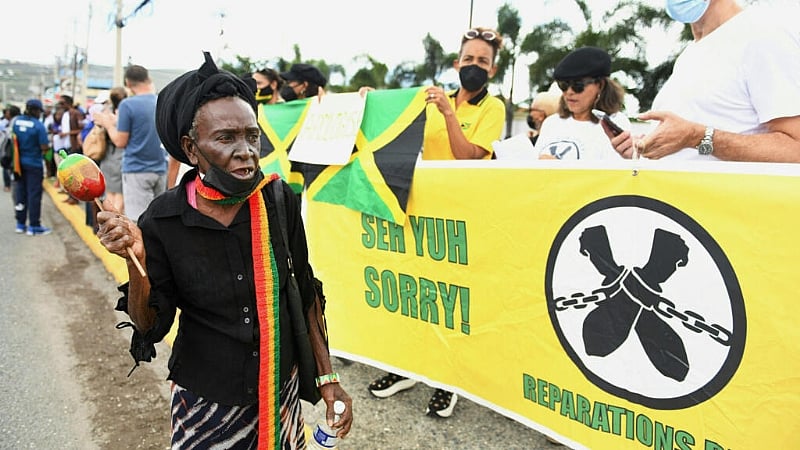
This week, we are addressing the issue of reparations for historical injustices, including slavery, colonial violence, and war crimes. Calls for compensation are gaining momentum, particularly in the Global South, with a strong focus on the Caribbean and Africa.
These reparations could take various forms, primarily financial compensation.
Activists argue that former colonisers should compensate former colonies and that different perpetrators should provide reparations to various victims. This includes compensation for slavery and addressing losses and damages related to climate injustice.
In light of the recentEuropean elections and the upcoming parliamentary elections in France and the UK, these questions could soon be reframed and gain prominence in public debate and international negotiations. Additionally, the African Union has designated reparations as a key issue for 2025.
To learn more about the feasibility and types of reparations being demanded, I spoke with Nasim Salad, a senior associate at The Advocacy Team, a public affairs consultancy.
The group has collaborated with think tanks like The One Campaign and Development Reimagined, and it has recently produced a report to suggest how to come up with concrete financial plans for potential reparations.
Nasim Salad has insight into the different forms of financial plans for reparations.
Episode mixed by Nicolas Doreau.
Spotlight on Africa is a podcast from Radio France Internationale.

